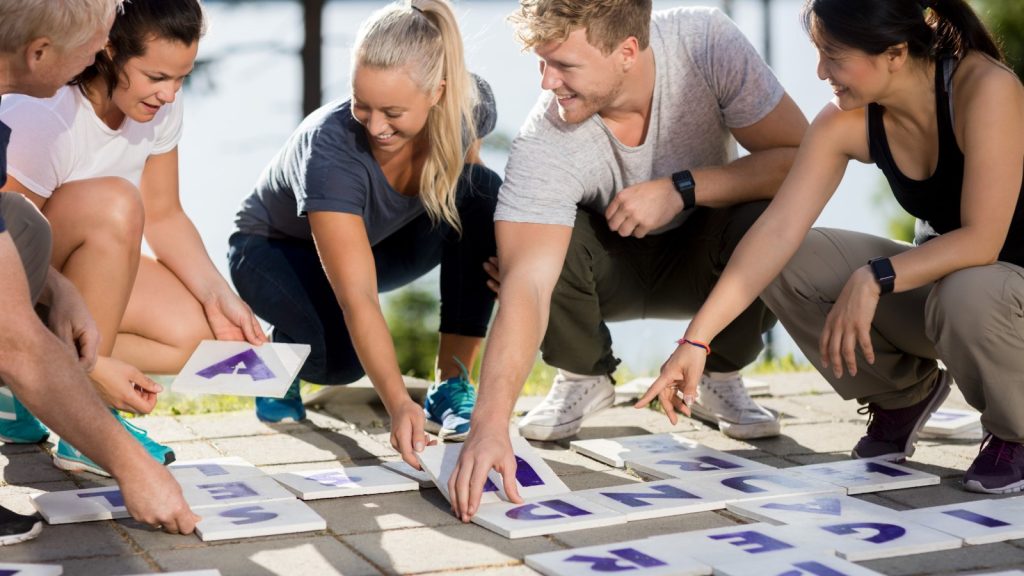I’ve always loved the feeling of satisfaction that comes from completing a crossword puzzle. There’s something oddly soothing about staring at a grid of empty squares, clues in hand, and slowly watching them fill in. But it turns out there’s much more to crossword puzzles than just being a pleasant way to pass the time. They actually come with a whole host of brain-boosting benefits! Doing crosswords daily can sharpen your mind, improve memory, and even protect your brain from cognitive decline. Whether you’re a crossword novice or a seasoned puzzler, you might be surprised by just how much good this hobby does for your mind. So, let’s explore some of the powerful ways crossword puzzles benefit your brain.
1. Boosts Vocabulary
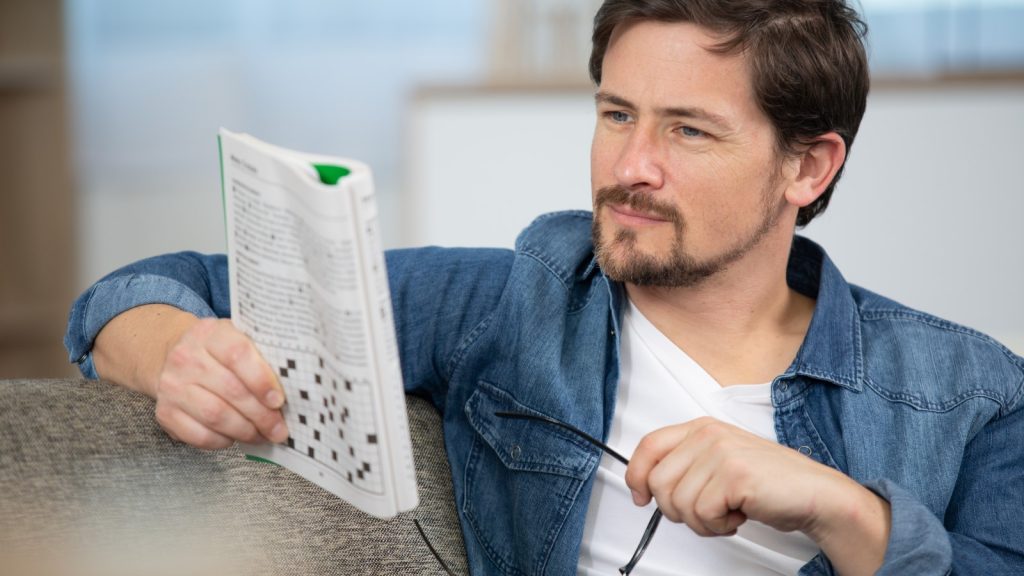
Crossword puzzles are fantastic for expanding your vocabulary. Each time you encounter a new word or phrase, you’re likely to remember it better because you’ve actively worked through its definition and usage. Regularly solving crosswords introduces you to fresh, less common terms that you may not stumble upon in daily conversations. This can help make your speech or writing more expressive and precise.
2. Sharpens Problem-Solving Skills
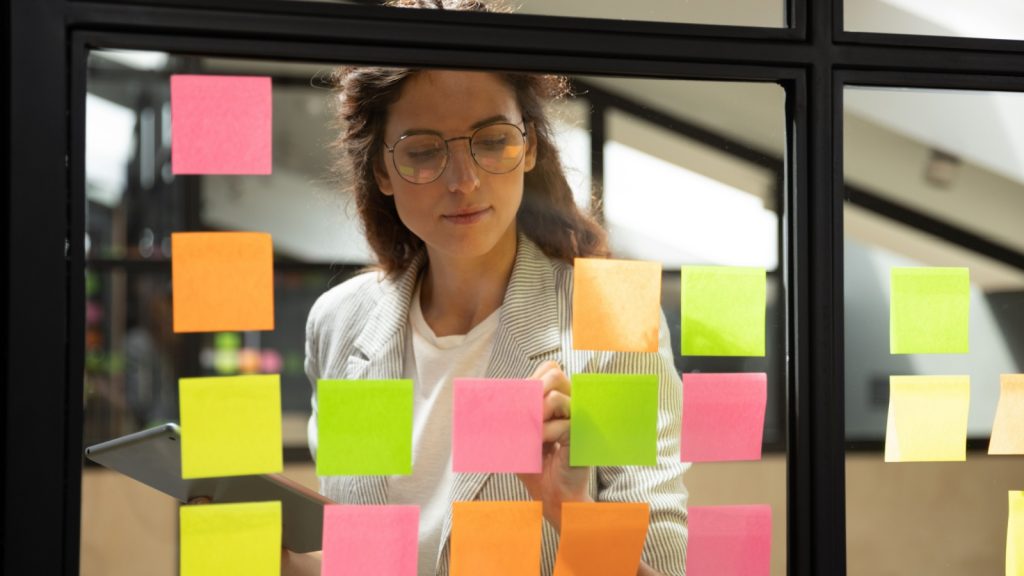
Crosswords require you to think in multiple directions, both figuratively and literally. You’ll need to consider synonyms, wordplay, and often think outside the box to solve tricky clues. This process stimulates logical thinking and pattern recognition, which can make you a more effective problem solver in other areas of life as well.
3. Improves Memory Recall
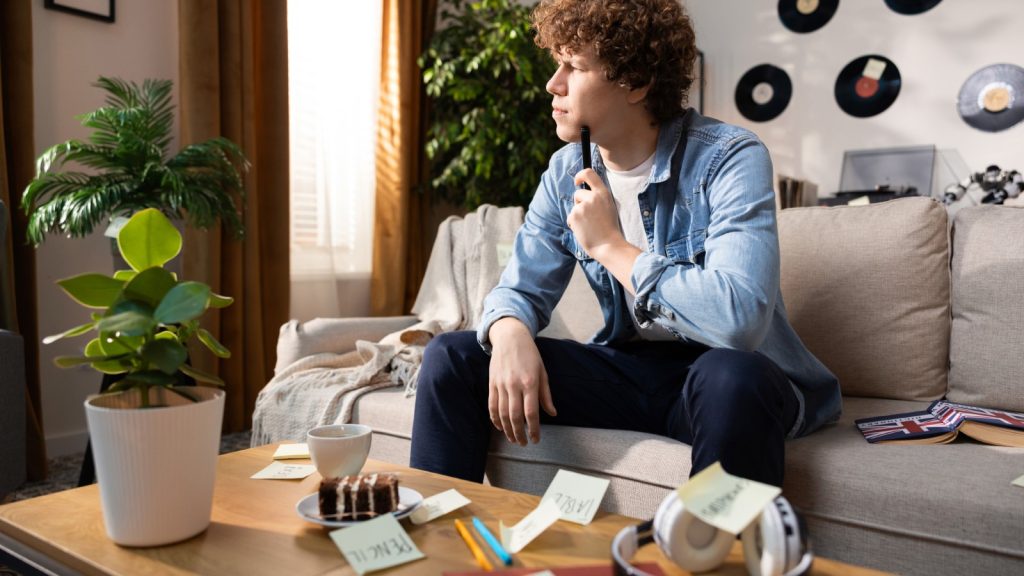
Solving crossword puzzles requires you to dig into your memory to retrieve information, whether it’s recalling historical facts, famous authors, or common phrases. This constant mental workout can improve your short- and long-term memory. Over time, your brain becomes better at pulling out stored knowledge when needed, which can be especially helpful as you age.
4. Enhances Focus and Attention

Crosswords demand your undivided attention if you want to get them right. Solvers must focus intently on the clues and the grid to ensure they don’t make mistakes. This high level of concentration can help you build better focus in other areas of your life, like work or studies, as you train your brain to stay on task for longer periods.
5. Reduces Stress

There’s something calming about doing a crossword puzzle. The repetitive and structured nature of solving clues can help reduce anxiety and stress levels. Many people find the process of working through a crossword puzzle to be meditative, offering a sense of peace and distraction from life’s worries.
6. Fights Cognitive Decline
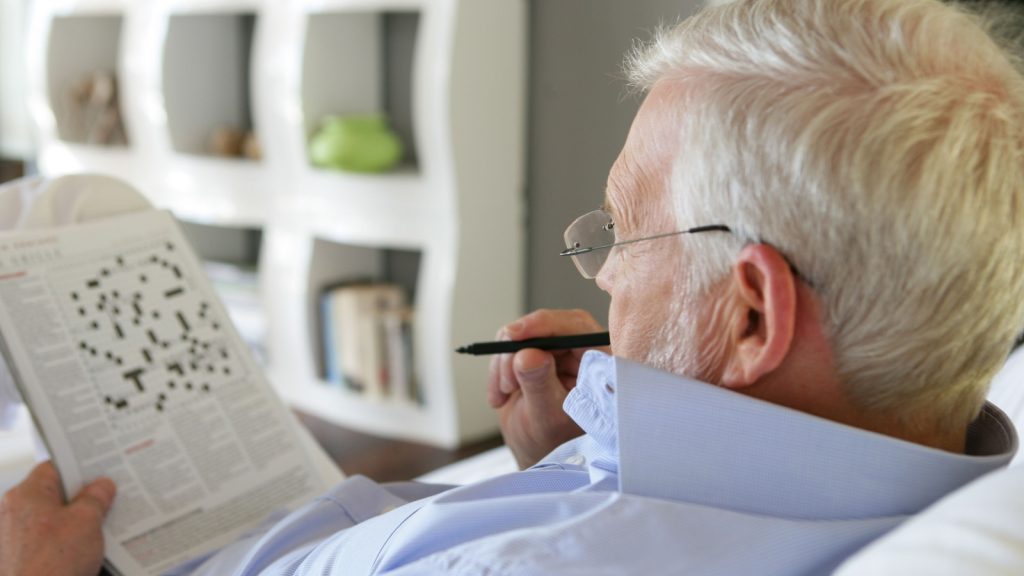
As we age, keeping our brains active is key to warding off cognitive decline. Research suggests that mentally stimulating activities like crossword puzzles can delay the onset of dementia and Alzheimer’s disease. Doing crosswords regularly helps maintain your brain’s sharpness, much like how regular physical exercise keeps your body in shape.
7. Stimulates Creative Thinking

Crossword clues often involve puns, wordplay, or double meanings, which forces you to think creatively to figure them out. This can enhance your ability to think flexibly and approach problems from different angles. It’s great practice for thinking outside the box, a skill that is useful in both personal and professional settings.
8. Enhances Verbal Fluency

When you regularly engage with crosswords, you’ll notice an improvement in how easily you can retrieve and articulate words during conversations. By constantly exercising the parts of your brain responsible for language, crosswords help you become a more fluent and articulate speaker.
9. Strengthens Social Connections

Crosswords don’t have to be a solitary activity. Many people enjoy doing them with friends or family, which can create fun social interactions. Engaging in a shared puzzle offers the opportunity to discuss clues, trade answers, and bond over the satisfaction of solving tricky parts together. This can strengthen your relationships and provide a sense of community.
10. Improves Mood

There’s nothing like the small victory of completing a crossword puzzle, even if it’s just one tricky word that’s been stumping you for ages. These mini-achievements release dopamine, the “feel-good” chemical, which boosts your mood and leaves you feeling accomplished. This sense of satisfaction can carry over into other areas of life, making you feel more confident and upbeat.
11. Increases Mental Flexibility

Crosswords challenge your brain to switch between different types of thinking. You need to balance lateral thinking for the trickier clues with more straightforward knowledge-based problem solving. This mental flexibility is key for adapting to new situations and solving unexpected challenges, whether in work, school, or daily life.
12. Builds Patience and Perseverance

Crosswords often require you to stick with a problem until you find the solution, no matter how long it takes. This can help build patience and the ability to persevere through difficult tasks. By training yourself to remain calm and focused even when you’re stumped, you’ll find it easier to tackle tough problems without giving up.
Ellen has been obsessed with logic puzzles, jigsaws, and cryptograms since she was a kid. After learning she was taught how to play chess wrong by a family friend (so they could win), she joined her school chess club and the rest is history.
